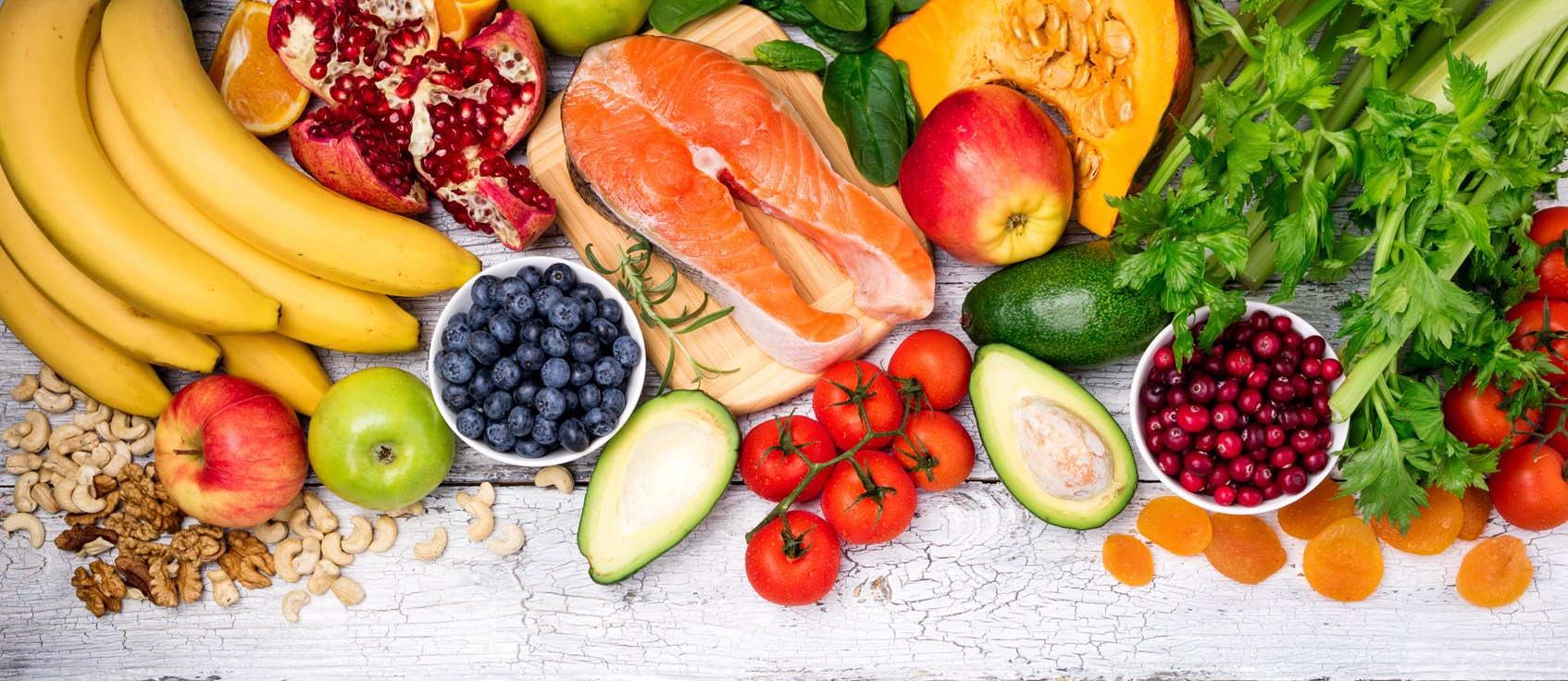
Acne fighting foods
Acne's only for teenagers right? Well, unfortunately not, for many of us, problems with pimples are lingering long past our teenage years and for females in particular adult acne is on the up.
Here's the full version of an article I wrote for Cosmopolitan.
What causes acne?
Each and every pore in our skin is made of a small opening called a follicle containing a tiny hair and sebaceous gland. The job of these glands is to keep skin protected by by secreting oil or sebum, providing a waterproof protective layer. With acne glands have a tendency to become blocked with excess oil, dead skin or bacteria. These blockages make it difficult for the skin to shed normally and subsequent inflammation results in painful spots.
The environment, how much sunlight we're getting, hydration, digestion, hormones and stress as well as the liver’s ability to do it’s job as our major detoxification factory all play a role in keeping skin healthy.
You may have spent hundreds of pounds on expensive skincare products and cover ups, sought the help of your GP, tried medication and expensive supplements or paid numerous visits to dermatologists or facialists, but what about food?
Skin health is dependent on the nutrients it receives from blood vessels in the underlying tissues, which naturally stems from our diet. One of the driving factors with acne is chronic inflammation so eating foods that can help to keep this in check can help to soothe and nourish from the inside out.
Eat plenty of these:
- Oily fish is the number 1 source of omega 3 fats a key anti-inflammatory nutrient for the skin, brain, joints & heart. Get high quality omega 3 in wild Alaskan salmon, mackerel, herring & sardines.
- Coconut oil is a healthy saturated fat and a safe, heat stable option for cooking. Including fats at each meal helps to absorb fat soluble vitamins A, D, E and K.
- Flax and chia seeds are full of fibre and omega 3 fats, these guys are ‘super seeds’, add them to pretty much anything!
- Nuts – walnuts are your ‘top nut’ for omega 3 fats, Brazil nuts contain selenium and zinc, two key minerals for a healthy functioning immune system.
- Pre and probiotics support a healthy mix of gut bacteria. Prebiotic foods like artichoke, onions, garlic and asparagus feed our beneficial bacteria while probiotics in yoghurt and kefir help to combat unwelcome bacteria and support immunity.
- Berries are packed with ‘phytonutrients’, low in sugar and high in vitamin C an essential skin healing and immune system nutrient, it’s also responsible for collagen production, keeping skin plumped and healthy
- Brightly coloured veg are another great source of vitamin C and vitamin A, the more richly pigmented better, aim to eat a rainbow red peppers, aubergine, red cabbage, carrots, sweet potatoes, dark green leafy veg.
- Cruciferous veg - broccoli, cauliflower, cabbage, bok choy and kale contain a compound called indole 3 carbinol that can help the liver to bind excess hormones and eliminate toxins.
- Extra virgin olive oil and olives are key ingredients in the ‘Mediterranean Diet’ and a source of omega 9 fats, associated with protecting the skin from sun damage.
- Avocados are tasty, versatile and also rich in omega 9 fats, vitamin C and vitamin A.
Reduce or avoid:
- Refined carbs and sugary foods promote the release of the hormone insulin and consistently high levels can reduce an important binding protein for normal skin cell turnover, which prevents pores from getting blocked. Insulin can also increase an inflammatory hormone called IGF-1 (insulin like growth factor 1), which stimulates skin cell growth and compounds the problem. IGF-1 also causes high levels of testosterone, encouraging sebaceous glands to produce too much oil.
- Gluten – if you have an intolerance, allergy or sensitivity to wheat or gluten, it can add to the inflammatory load and negatively affect your skin.
- Vegetable and sunflower oils, margarine and high fat fast foods like burgers, crisps and biscuits contain high levels of omega 6 fats which can encourage inflammation if eaten in excess of naturally anti-inflammatory omega 3 rich fats like oily fish.
- Too much red meat can increase omega 6 levels too so stick to once or twice per week and choose grass fed or organic to avoid hidden hormones and antibiotics.
- Dairy is a common allergen linked to acne as well as psoriasis and eczema, it can cause an immune reaction and also contains the growth hormone IGF1.
- Alcohol - you don’t want an overworked liver when trying to detoxify your skin, an occasional glass of antioxidant packed red wine is fine, but occasional is the key!
- Fruit juice is often made ‘from concentrate’ and very high in sugar.
- Chargrilled meat and veg uses up our ‘in house’ antioxidants to neutralise ‘free radicals’ and prevent cellular damage and inflammation.
